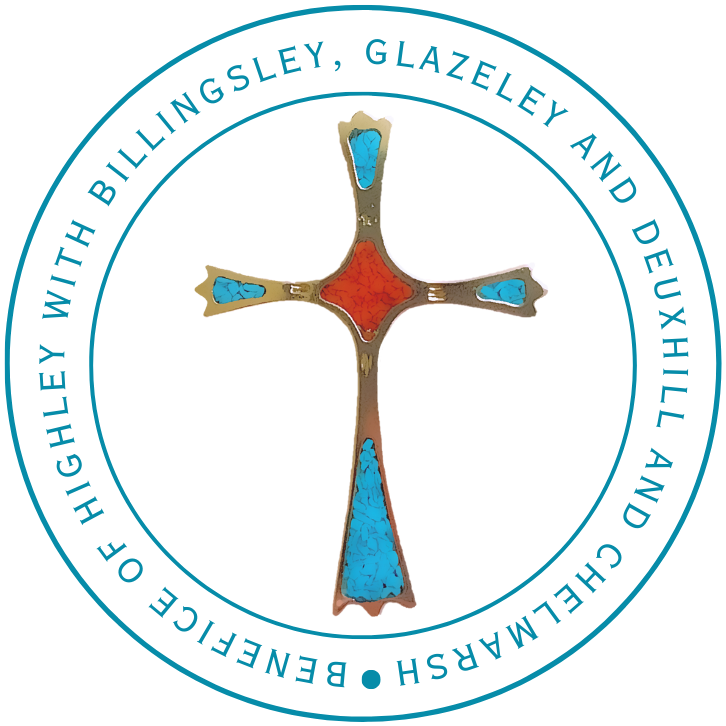I was scrolling through a friend’s facebook page, looking for profound reflections I could pass of as my own in my next sermon and found this. There may be something here about encouraging us to think carefully about what we actually need, although the real reason I am re-posting it is because it made me laugh out loud. Thanks to the friend who may recognise this when he reads it…
An atheist was taking a walk through the woods.
“What majestic trees! What powerful rivers! What beautiful animals”, he said to himself.
As he continued walking alongside the river he heard a rustling in the bushes.
Turning to look, he saw a 7 foot bear charging towards him.
He ran as fast as he could up the path.
Looking over his shoulder he saw that the bear was closing in on him.
His heart was pumping frantically and he tried to run even faster.
He tripped and fell on the ground.
He rolled over to pick himself up but saw the bear raising his paw to take a swipe at him.
At that instant the atheist cried out, “Oh my God!”
Time stopped.
The bear froze.
The forest was silent.
It was then that a bright light shone upon the man and a voice from heaven asked, “You deny my existence for all of these years, teach others I don’t exist and even credit creation to a cosmic accident. Do you expect me to help you out of this predicament? Am I to count you as a believer?”
The atheist looked directly into the light.
“It would be hypocritical of me to suddenly ask you to treat me as a Christian now, but perhaps, could you make the BEAR a Christian?”
“Very well”, said the Voice.
The light went out, and the sounds of the forest resumed.
And then the bear lowered his paw, bowed his head and spoke: “Lord, bless this food which I am about to receive and for which I am truly thankful, Amen”…
Rev David Poyner

